About us
Our story
CADA works from a feminist framework. We understand domestic and family violence (DFV) is a social issue. We work with a gender view focussed on the power and control dynamics in relationships. We believe in the equality of all people regardless of gender, race, ability, class or sexuality. We understand the importance of change on a systemic level as well as an individual level.
Our work is grounded in women’s experiences. Although anyone can be a victim of domestic violence, the gendered nature of domestic violence means the vast majority of survivors are women.
We support all people experiencing domestic and family violence regardless of gender or sexuality.
We aim to empower our clients and minimise power differences between our staff and our clients.
We are client focused and client driven. We encourage a high degree of participation and collaboration with our clients. We acknowledge our clients’ rights to make their own decisions and their expertise in their own lives.
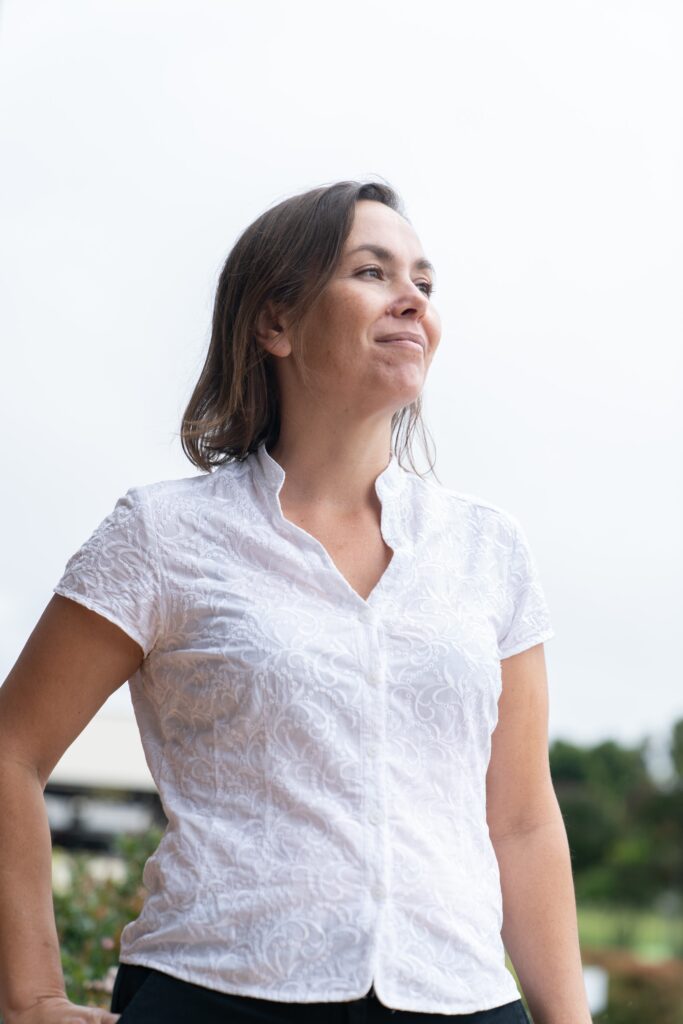
Our leaders
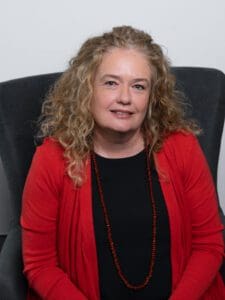
CEO
Holly Brennan OAM
Holly Brennan has worked in women’s health, prevention of violence against women and children, sexual and reproductive health, child protection, sexuality and respectful relationships education and health promotion for over 25 years.
CADA BOARD
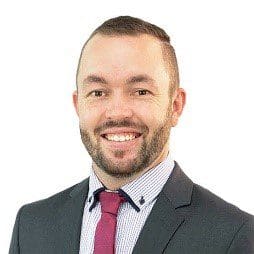
President
Tony Latter
Tony Latter is a Councillor for the City of Moreton Bay, passionate about collaboration, bringing a strong focus on governance and strategic framework to the number of boards he is on. As the founder of Red Ride – Ride Against Domestic Violence in Moreton Bay, Tony is deeply committed to creating positive change in his community. In addition to his role as Vice Chair for the Local Disaster Management Group, he also holds the position of Chair for the Progressive Economy portfolio for Moreton Bay, further demonstrating his passion for effective leadership and impactful initiatives.
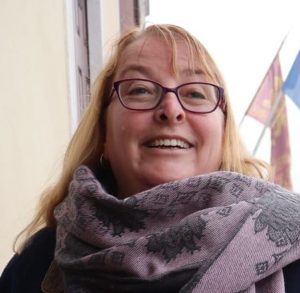
Secretary
Natalie McDonald
Natalie is lawyer operating her own firm with experience in family law, children’s court, domestic and family violence, wills and estates, property and commercial law.
Natalie also has a nursing qualification, has run multiple family businesses including a farm and has computer engineering experience.
Natalie is looking forward to working with the CADA team to help to prevent and bring attention to issues of domestic and family existing in our society today.
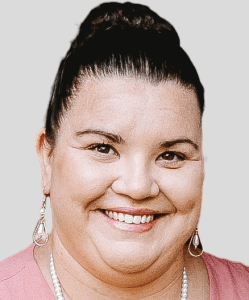
Treasurer
Andrea Williams
Andrea is an accountant for a tax and advisory firm. She started her accounting career in 2009 after realising her passion for accounting while working in a bookkeeping and office administration role. With Andrea’s time in the accounting industry, she has experience in supporting businesses with their reporting requirements and record keeping.
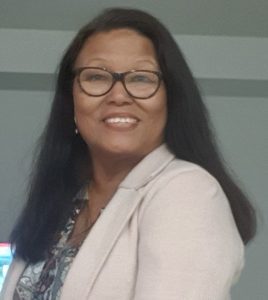
Siti Aisah Constable
Siti is a leader in the Indonesian community in the Moreton Bay area. She is President of the Multicultural Association Caboolture and Surrounds (MACS) Incorporated and has been a member for the past 20 years. She has also been a member of Zonta Club of Caboolture for the past 10 years.
She has extensive experience working in the community and Domestic and Family Violence sector, having worked at Chisholm Women Refuge for the past 14 years. Siti’s passion lies in supporting CALD women experiencing DFV.
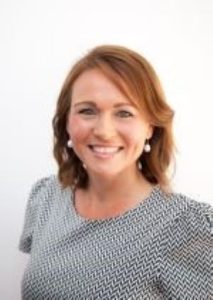
Kylee Isidro
Kylee is passionate about being a strong voice for her community after being elected to the Somerset Regional Council in 2020. She currently represents the Somerset region for the South-East Queensland Council of Mayors for the 2032 Olympic Games. She is also taking a leading role as Chair and Elective Representative on many community advisory committees.
As a mum, a regional advocate and a community leader with a diverse career across different industries, Kylee brings a comprehensive perspective to her role.
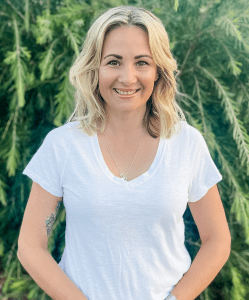
Stacey MacMillan-White
Stacey MacMillan-White is a social entrepreneur with a heart for helping. She is founder of How to Help, a social enterprise with a mission to make getting involved with charities, organisations and social enterprises easy. Stacey is also co-founder of Friend in my Pocket, a youth mental health app that will be available in the later half of 2024. Stacey has a strong background in marketing with a particular strength in customer experience and relationship management.
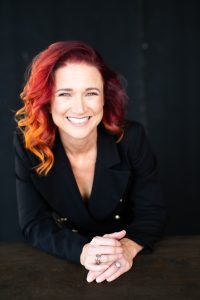
Danni Vee
Danni has positively impacted thousands through her many roles in education, mentorship, coaching and her entrepreneurial ventures, which began at the age of 19.
Danni is a sought-after speaker, educator and an internationally best selling author. Danni is passionate about supporting those that feel their voices aren’t being heard to speak up with authentic confidence. With past experience of DV herself, Danni brings a learnt experience to her role.
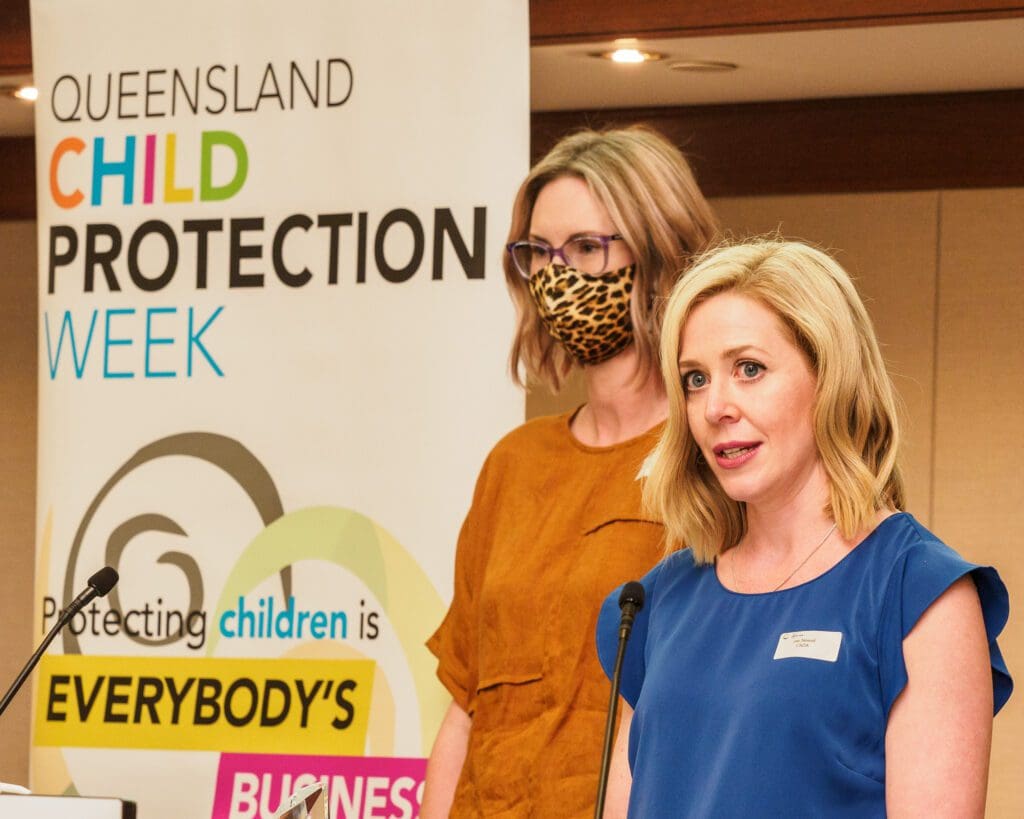
CADA is an award winning domestic and family violence service
Timeline
1992
Caboolture Domestic Violence Service (CDVS) is founded. It is one of the first domestic violence services funded by the State Government under the Domestic Violence Initiative Program.
1996
CDVS employs a Child Witness Counsellor to provide counselling to children who had witness domestic violence.
1997
CDVS is incorporated and renamed Caboolture Regional Domestic Violence Service Inc. (CRDVS). CRDVS expands to cover Caboolture, Kilcoy, Pine Rivers and Redcliffe local government areas.
1999
CRDVS is funded to provide Court Support in Caboolture, Petrie, Sandgate and Redcliffe Magistrates Courts.
2001
In conjunction with the Queensland Police Service in Moreton Bay, the Kids In Domestic Violence Situations (KIDVS) Faxback project is launched to raise awareness of the effects of witnessing domestic violence on children.
2002
The KIDVS Faxback project wins a Police Commissioners Silver Lantern Award.
2003
CRDVS is funded to support people experiencing domestic and family violence in intimate personal relationships, family relationships and informal care relationships. We extend the premises of the existing domestic violence service and set up the Centre Against Violence.
2006
CRDVS launches the ‘Coordinated Community Response to DV’ (CCR2DV) and ‘Integrated Response to DV’ (IR2DV) programs reflecting our mission to reduce violence by collaborating with external agencies and the community.
2009
CRDVS partners with the Moreton Bay Community Consortium to provide DFV services throughout the Moreton Bay region through a combined community response. Other consortium members include Encircle (formerly Pine Rivers Neighbourhood Centre and Redcliffe Community Association), Bribie Island Neighbourhood Centre, and Deception Bay Neighbourhood Centre. CRDVS delivers interventions for perpetrators of violence, family support and therapeutic counselling.
2010
CRDVS commits to building and maintaining the cultural capability of our service and increase engagement with Aboriginal and Torres Strait Islander people with the introduction of the Indigenous Community Engagement Project (ICEP).
2011
The Child Witness Counselling program is renamed Kidz Matter 2.
2012
The Keeping Safe at Home Program (KSAH) is launched to provide safety upgrades for people affected by DFV to help people stay in their homes.
The Partnership Response to Domestic Occurrences (PRADO) Project becomes a program.
2015
CRDVS is funded to establish outreach services in Redcliffe and Pine Rivers, including provision of an Adult Counselling and Crisis Support Practitioner, Child Witness Counsellor and PRADO Case Worker for each area.
CRDVS has DFV specialist practitioners in Mercy Community Services Family and Child Connect (FACC) program and Churches of Christ Care Intensive Family Support (IFS) program.
2016
KSAH is invited to participate in the Federal/State technologies trial designed to keep people affected by DV safer in their homes.
CRDVS is certified to operate under the Queensland Government’s Human Services Quality Framework (HSQF), a requirement for funding by the Queensland Government.
2017
CRDVS is renamed the Centre Against Domestic Abuse Inc. (CADA). The name change reflects the way domestic abuse is not limited to physical violence. It also reflects the rapid growth of the organisation in recent years including extra staffing, additional premises and commitment to prevention of DFV in our response.
This year CADA with the help of the Domestic Violence Action Centre (DVAC) is able to provide therapeutic counselling and crisis support in Kilcoy.
We start the Partner Advocate for the Men’s Behaviour Change program with Uniting Care Community (UCC).
CADA wins the Queensland Child Protection Award for ‘Regional Program’ for our collaborative work with families and child protection services.
2021
CADA wins a Child Protection Award for its Safe Connections: Early Years Linkages program
2022
30th Anniversary. CADA celebrates 30 years of making a positive difference in the lives of people experiencing domestic and family violence.




